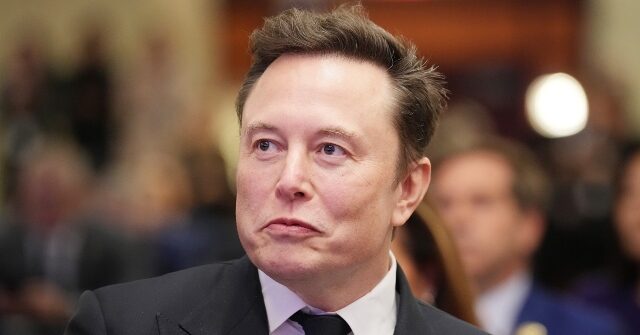Elon Musk has significantly escalated his legal conflict with OpenAI and its CEO Sam Altman by filing a revised lawsuit alleging anticompetitive behavior and safety compromises made by the AI developer in its quest for market supremacy. As per reports from Bloomberg, Musk’s amended complaint, which extends to 107 pages and comprises 26 distinct legal claims, accuses OpenAI of trying to monopolize the generative artificial intelligence sector, straying from its founding mission of openness and safety. Musk’s stance is fueled by his belief that OpenAI, once conceived as a non-profit entity designed to benefit humanity, has morphed into a for-profit organization focused primarily on financial gains, thereby jeopardizing ethical standards and accountability in AI development.
Musk, a co-founder of OpenAI alongside Altman in 2015, has since established his own AI venture—xAI—which is directly positioned as a competitor to OpenAI. The lawsuit claims that OpenAI and its primary investor, Microsoft, are colluding to undermine rival companies like xAI by dissuading potential investors from supporting these competitors. Musk argues that this behavior is detrimental not only to his company but also to a healthy competitive landscape in the generative AI space. He believes that the original commitment of OpenAI to operate as a transparent and accessible entity has been largely abandoned in favor of aggressive market tactics that favor corporate interests over the broader societal good.
One of Musk’s primary contentions revolves around OpenAI’s transition from its non-profit roots to a profit-driven model heavily supported by significant investments from Microsoft and others. He accuses the company of rushing to finalize its corporate restructuring under a constrained timeline, which he suggests prioritizes financial success over the foundational principles of safety and openness that were once central to OpenAI’s mission. This shift, according to Musk, poses a risk not only to competitors but also to ethical standards within the AI development sphere, as the pursuit of profit may overshadow necessary precautions and public accountability.
To substantiate his claims regarding anticompetitive practices, Musk points to OpenAI’s alleged strategy of enticing talent away from rival firms through lavish compensation packages. Reports indicate that OpenAI is prepared to allocate as much as $1.5 billion in salaries for around 1,500 employees, a figure that Musk suggests is indicative of the company’s intent to monopolize the talent pool within the AI sector. This aggressive recruitment strategy, Musk argues, cripples smaller companies and stifles innovation, as they struggle to compete for skilled personnel amidst OpenAI’s financial largesse.
Musk’s suit also raises alarm over OpenAI’s purported connections with the Department of Defense. He asserts that OpenAI is now engaging in military contracts and has removed previous safeguards from its operational policies that discouraged the use of its technologies in high-risk scenarios, including those related to weaponry and warfare. The complaint alleges a worrying trend where essential safety-focused teams are being dismantled to pave the way for personnel dedicated to military engagements, further undermining the organization’s original mission to create AI technologies that benefit humanity and minimize risks.
OpenAI has characterized Musk’s legal maneuvers as part of a broader strategy to undermine the organization for his own competitive gain, branding his actions as increasingly baseless. While OpenAI has yet to formally respond to the latest updates in the lawsuit, there are indications that it has brought California Attorney General Rob Bonta into the fray, as the AI developer is reportedly engaged in discussions concerning its corporate structure with his office. This latest development underscores the complexity and high stakes of the ongoing legal conflict, which not only impacts the companies involved but could also exert significant influence on the broader landscape of AI development and regulation.

